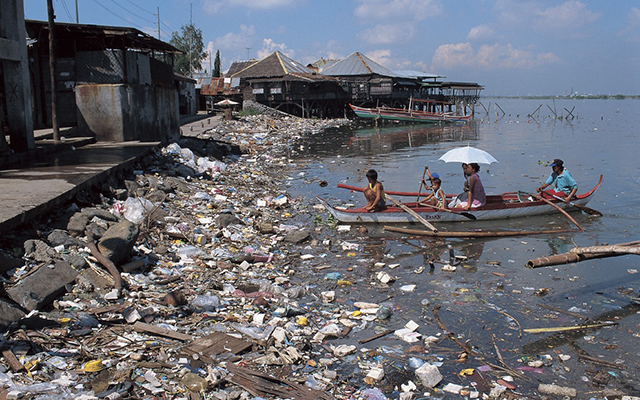A major pollution incident at sea, in a harbour, estuary, or at a marine terminal, can result in a long-drawn-out and very costly process for the shipper or operator. The reputational damage can be severe and lasting, as with the Exxon Valdez, still vividly remembered for polluting Prince William Sound with crude oil after leaving a marine terminal. One thousand miles of beach were fouled and many thousands of animals died. Exxon had to pay billions in clean-up charges and fines.
Driving down pollution risks
For this reason, shipping companies and operators are extremely concerned to drive down the pollution risks in their operation. Because experts at the marine engineering consultancies are involved in every part of the shipping cycle, they are particularly well placed both to investigate maritime pollution incidents and to work with shipping companies to prevent pollution. As independent investigators and consultants, this organization has the experience of working with clients on both sides of pollution incidents.
This has built up the expertise of the consultants in investigating the underlying circumstances of, and liability for, pollution. It also means that their advice on how to prevent pollution is rooted in wide-ranging experience of actual pollution incidents.
The underlying cause of much marine pollution is marine accidents involving stranding, grounding or offshore casualties. The pollutants are diverse, and include chemicals, various types of fuel and spillage of dry cargoes. It follows therefore, that marine pollution prevention to some extent involves the prevention of the precipitating incidents, and this often comes down to standards of vessel maintenance, navigation and employee training.
Pollution risk management plan
However, it is essential that any ship or operator has also developed a risk management plan for pollution. This process begins with identifying hazards and risks. For example, a thorough risk assessment will consider the biological, chemical or physical properties of any cargo, the conditions under which the cargo is being stored or transported and the possible effects of a pollution incident on people and the environment.
Risks are scored and ranked, and then mitigated through risk controls. The controls must be regularly reviewed for relevance and effectiveness, and there should be an inspection regime, maintenance protocols, compliance audits and staff training.
The more thoroughly a shipper or operator has assessed and managed their pollution risk, the better arguments they will have, if a legal enquiry is initiated.
An accident such as a grounding need not inevitably lead to a spill and a pollution incident. If the operator has effective plans for managing a potential pollution problem, they can prevent it happening. A Pollution Incident Response Plan, drawn up in consultation with an expert maritime investigation professional, can form the basis for training staff to manage and contain a situation quickly. Speed is often of the essence in these circumstances, and employees need to be clear about what their role is and what they should do.
As part of risk mitigation, many ships carry spill kits and containment equipment that will help them to manage any potential pollution after an incident. Oil tankers will carry a Ship Oil Pollution Emergency Plan, or SOPEP, with procedures to follow.
Other shippers and operators need to ensure they are complying with the full range of pollution prevention measures, both mandatory ones and those that are seen as good practice.
